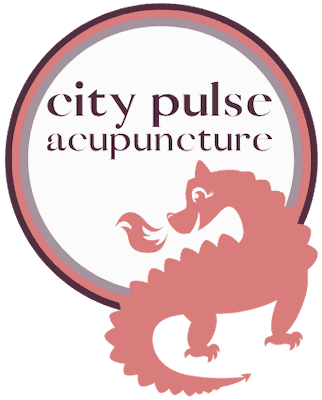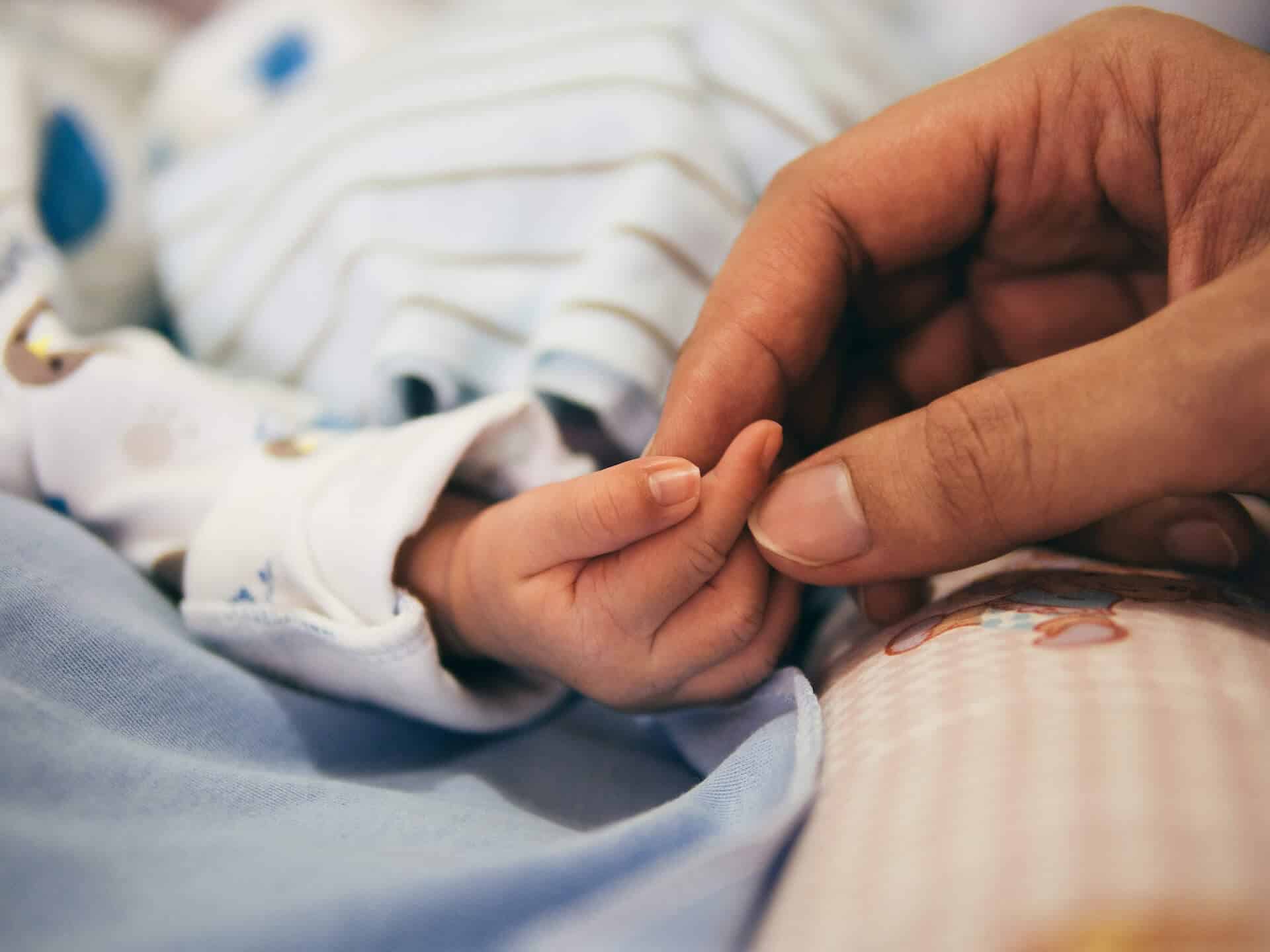
Many people are surprised to learn that histamine, the same chemical involved in allergic reactions, can also affect reproductive health. For some, an intolerance to histamine may play a hidden role in hormone imbalance, irregular cycles, or unexplained fertility challenges. Understanding this connection can be an important step in creating the best conditions for conception.
What is Histamine Intolerance?
Histamine intolerance occurs when the body has difficulty breaking down histamine, a natural compound involved in immune response, digestion, and nervous system signaling. The body typically uses an enzyme called diamine oxidase (DAO) to metabolize histamine. When DAO levels are low, histamine can build up, leading to symptoms such as:
- Headaches or migraines
- Digestive discomfort
- Flushing or hives
- Irregular menstrual cycles
- Anxiety or sleep disruption
Because histamine influences many systems in the body, including reproductive hormones, an imbalance can contribute to fertility challenges.
How Histamine Affects Hormones and Fertility
Histamine interacts with estrogen and progesterone, two key hormones for reproductive health. High histamine levels can stimulate the release of estrogen, and in turn, estrogen can reduce DAO activity. This creates a cycle where histamine and estrogen reinforce each other, leading to symptoms of estrogen dominance such as heavy periods, PMS, and difficulty conceiving.
Elevated histamine can also affect uterine receptivity and ovulation timing. For those undergoing fertility treatments such as IVF, unmanaged histamine intolerance may make it harder to regulate hormonal medications or maintain implantation.
Could Histamine Intolerance be Affecting Your Fertility?
Diagnosing histamine intolerance can be challenging, as symptoms often overlap with other conditions such as food sensitivities or hormone imbalance. Some steps that may help identify and manage histamine issues include:
| Strategy | Description |
| Keep a symptom and food journal | Track what you eat and how you feel to identify potential histamine triggers. |
| Focus on fresh, unprocessed foods | Leftover or fermented foods often contain higher levels of histamine. |
| Support DAO enzyme activity | Nutrients such as vitamin B6, copper, and vitamin C may help the body metabolize histamine more efficiently. |
| Address gut health | Imbalances in gut bacteria can contribute to poor histamine breakdown. |
| Regulate stress | Chronic stress can worsen both histamine and hormonal imbalance. |
How Traditional Chinese Medicine Can Help with Histamine Intolerance
Traditional Chinese Medicine (TCM) approaches histamine intolerance through the lens of overall balance. In TCM, excess histamine activity may reflect patterns such as Liver Qi stagnation or Spleen Qi deficiency, which can interfere with hormonal regulation and fertility.
Fertility acupuncture and Chinese herbal medicine can help calm inflammation, improve digestive function, and regulate menstrual cycles. Many patients find that these treatments also ease symptoms such as bloating, headaches, and anxiety, which are common signs of histamine imbalance.
By addressing the root causes rather than just the symptoms, TCM supports the body’s natural ability to achieve hormonal balance and improve fertility outcomes.
Fertility Acupuncture in Oakland for Hormone and Histamine Balance
If you are experiencing symptoms of histamine intolerance or unexplained fertility challenges, City Pulse Acupuncture offers personalized care to help restore balance through fertility acupuncture and Traditional Chinese Medicine. Our approach supports your body’s natural rhythm and enhances your overall reproductive health. Schedule an appointment to learn how tailored treatment can help you feel more balanced and supported on your path to pregnancy.
Frequently Asked Questions About Histamine Intolerance and Fertility
Can histamine intolerance cause infertility?
Histamine intolerance itself does not directly cause infertility, but it can contribute to hormonal imbalance and inflammation that make conception more difficult.
How do I know if histamine is affecting my fertility?
If you experience cyclical symptoms such as headaches, hives, digestive upset, or irregular periods that worsen around ovulation or menstruation, histamine may be playing a role. A healthcare provider can help assess your symptoms and underlying causes.
Can fertility acupuncture help regulate histamine levels?
Yes. Fertility acupuncture supports hormonal balance, reduces inflammation, and improves digestion. These effects can help stabilize histamine levels and support conception.
Is it safe to use Chinese herbs if I have histamine intolerance?
When prescribed by a qualified practitioner, Chinese herbal medicine can be tailored to your unique constitution and sensitivities. Herbs are chosen to calm the immune response, strengthen digestion, and promote hormonal balance.
Should I avoid high-histamine foods while trying to conceive?
Reducing high-histamine foods such as aged cheese, fermented products, and alcohol may help relieve symptoms, but dietary changes should be made with professional guidance to ensure balanced nutrition during the fertility journey.










